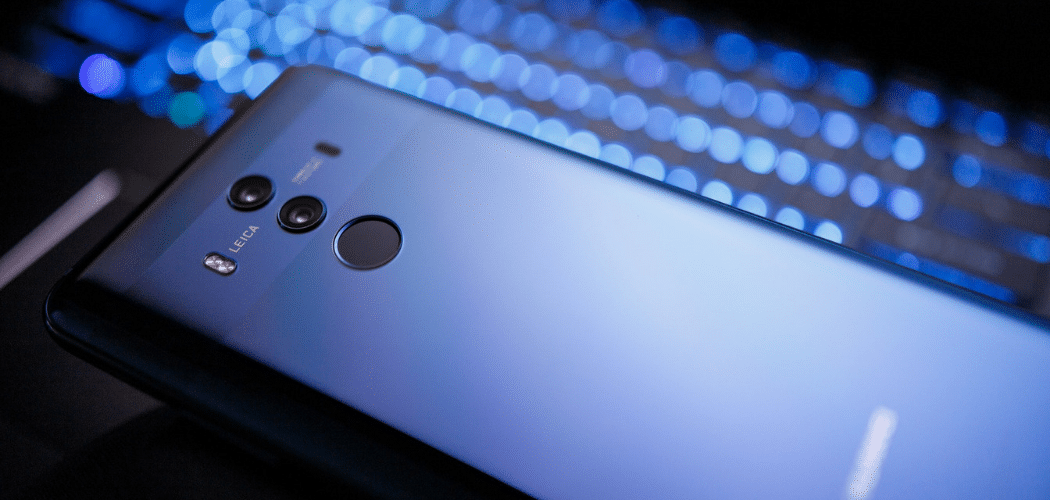As a B2B tech PR agency, Skout keeps a close eye on big trends in the sector. Recently, I have been following the global debate over Huawei, 5G and US security with interest and whether this has created a technological ‘Cold War’ between the East and the West.
Since Chinese mobile phone company Huawei became blacklisted in the US due to the supposed risk to national security, headlines have been documenting daily the unfolding nature of this story. Even now, as I sit here on my laptop, all I need to do is Google search Huawei and I can find articles that were published as little as four hours ago. The narrative so far focuses on the accusations made by President Trump and the US government, which centres around suspicions that Huawei have or will use their technologies for espionage. Understandably, this has caused disaster for the company. Google services, including the Android operating system, have been withdrawn from all new Huawei phones and apps such as Facebook and Instagram are no longer allowed to be preinstalled on the devices. Subsequently, CEO Ren Zhengfei (dubbed the next Steve Jobs) announced overseas sales have slumped by a huge 40 percent after being banned from the American market and will now be looking to rebuild its international presence without US technology.
So, who are Huawei?
Founded in 1987, Huawei has been expanding in the international market since 2000 and is now the second biggest smart phone manufacturer worldwide. According to gadgetsnow.com, the company ships out around 54.2 million devices globally and is experiencing year on year growth. This surpasses American giant Apple, who currently sit third on the list, while Samsung take top spot.
Huawei’s headquarters reside in the Chinese city of Shenzhen, a leading global technology hub branded as the next Silicon Valley. Last year, the ‘Ox Horn’ campus was also built in the nearby region of Dongguan to accommodate 25,000 employees. The research and development campus is 3.5 square miles, boasts its own tram system and themes its architecture on different towns within Europe- definitely worth a Google if you get chance. However, though its technological success over the past few years is evident, Huawei now faces a new challenge that takes the form of Donald Trump and his America.
An arm of the Chinese government?
The rumours circulating indicate that Huawei is ‘an arm of the Chinese government’ and their devices will be used to hack and/or spy on Washington, with the potential to disable the US military and communications (it’s worth noting that at one point Apple faced similar suspicions). Trump’s actions have also rippled across other western countries, with Wired.com reporting that the UK, Canada, the Czech Republic, Norway and Japan are all reconsidering their relationships with Huawei to prevent any potential security breaches.
Yet, Huawei is explicitly denying such allegations, claiming it is not complicit in any actions taken by the Chinese government. John Suffolk, the company’s global security and privacy officer, stated, “If we were put under pressure by any country that we felt was wrong, we would prefer to close business”. Furthermore, the company has also placed considerable emphasis on their robust security measures, announcing plans to spend over $1.5 billion on security over the next five years.
Trade wars: The race for 5G
Though Huawei’s western relationships may seem unstable at the moment, its progress in 5G still has a key role to play. Simply put, 5G is the next generation phone network with higher connection speeds, enabling advancements in medical technologies, smart cities and improved consumer experiences. Since Huawei is currently the leading developer of 5G technology, severing ties with the West may push the company to strengthen bonds elsewhere. In fact, it has recently signed a deal with Russia’s largest telecoms operator, MTS, to launch the fifth-generation network throughout Russia within the next year (CNN.com).
Without Huawei and its advanced 5G infrastructure, the US and any other countries that follow suit, could risk losing this technological race. The company has already taken action to become less reliant on US technology by becoming more independent with its manufacturing systems and operating software. This may come as a blow to the US tech firms, who are lobbying against Trump’s administration to ease the ban on Huawei to maintain the steady stream of business, which reportedly equates to 11 billion dollars. American chip manufacturers such as Micron and Qualcomm are likely to suffer the greatest impact, losing more than 10% of their annual revenues.
If the espionage rumours are false, nations shutting the door on Huawei risk sending a negative message to other Chinese investors, which may simultaneously also shut the same doors to the world’s leading technologies.












